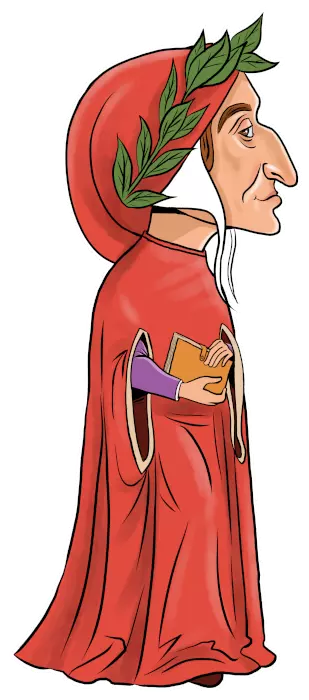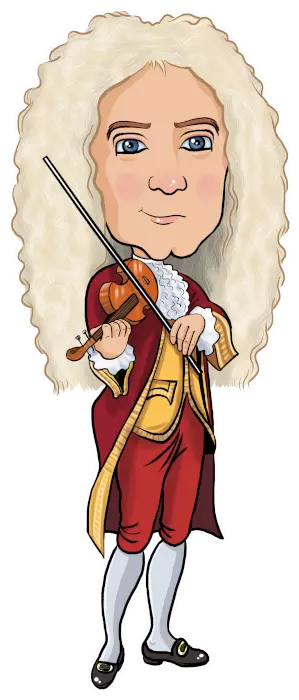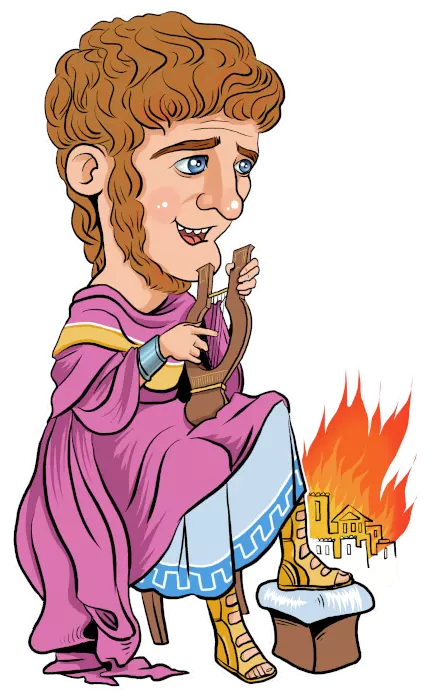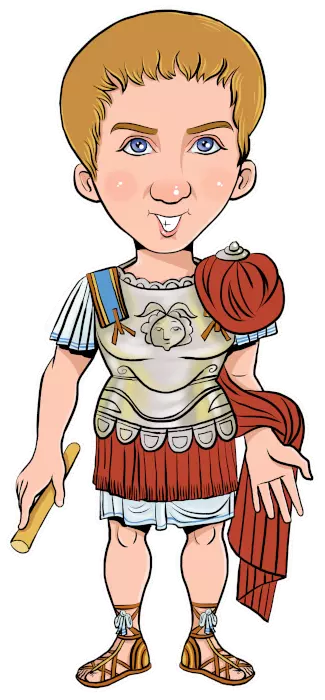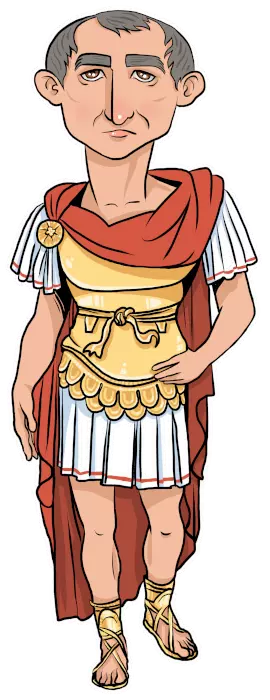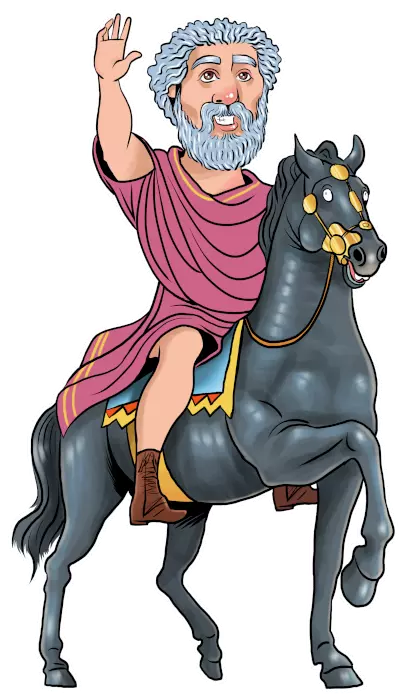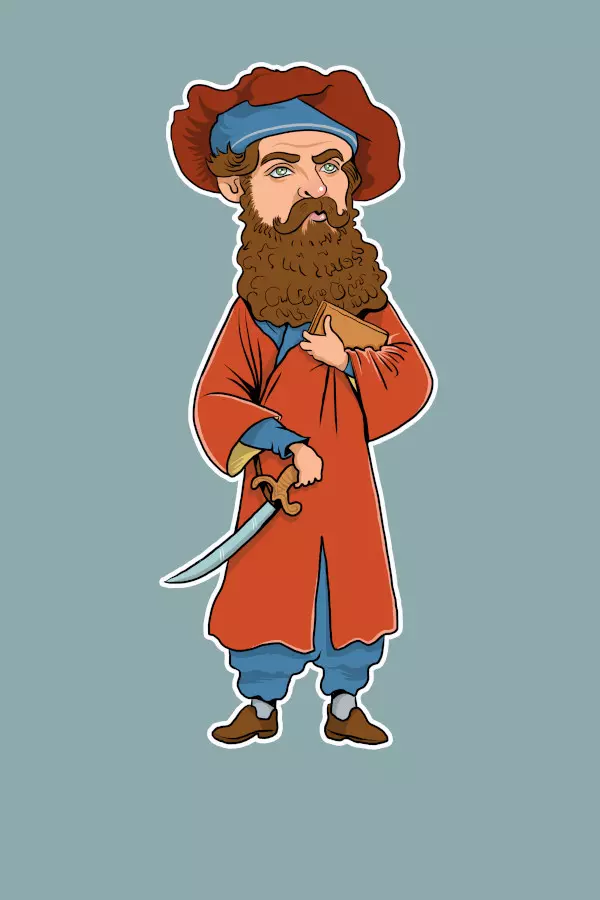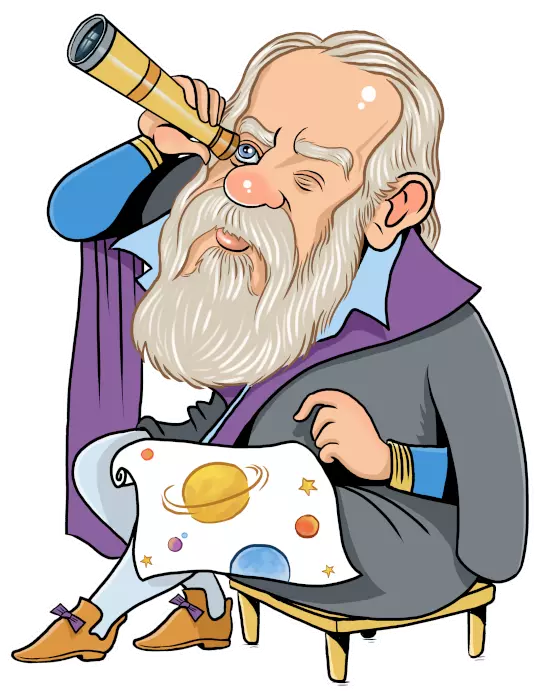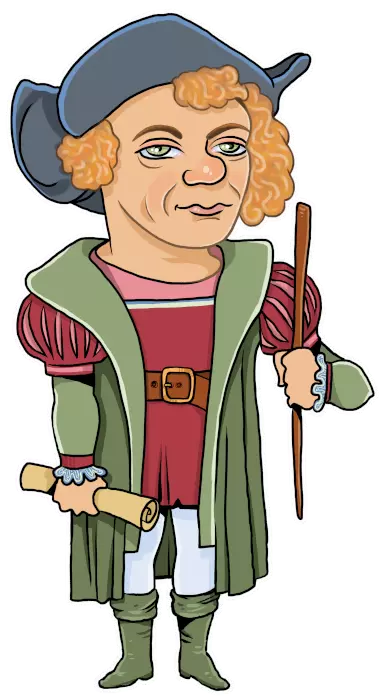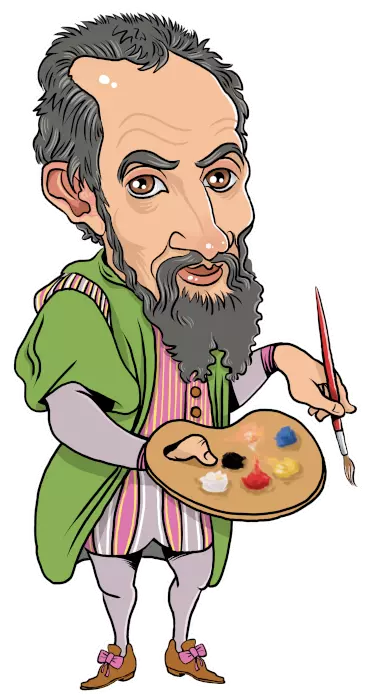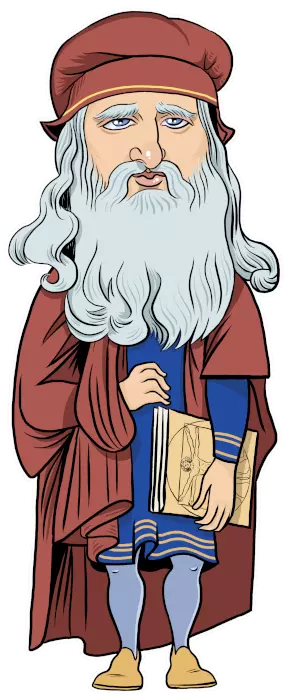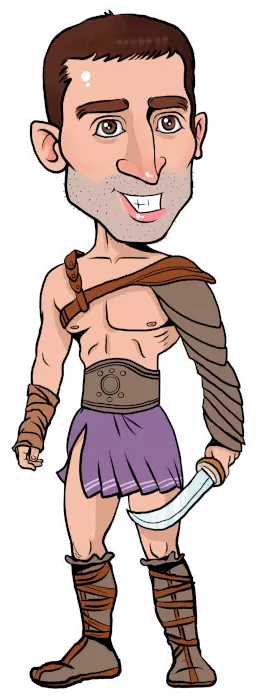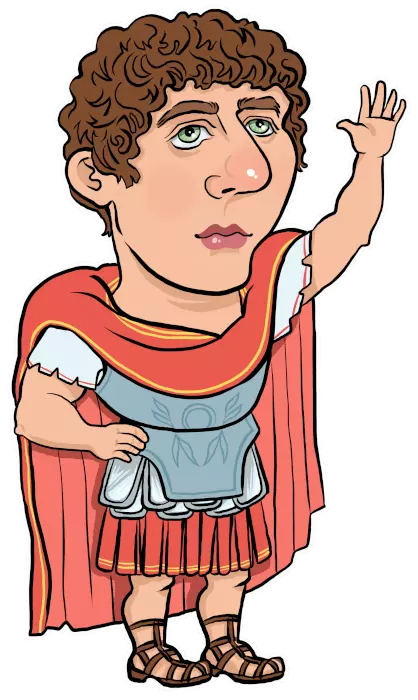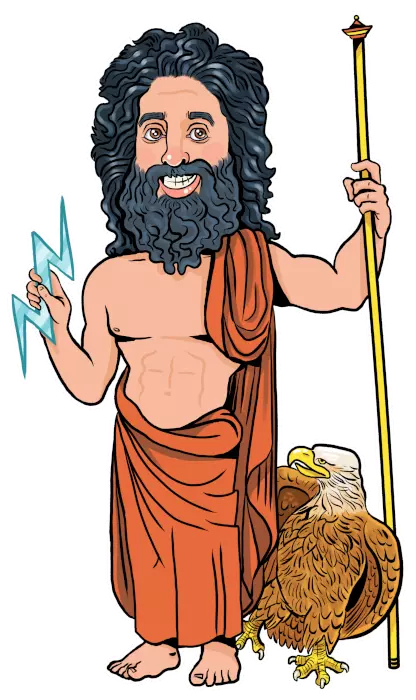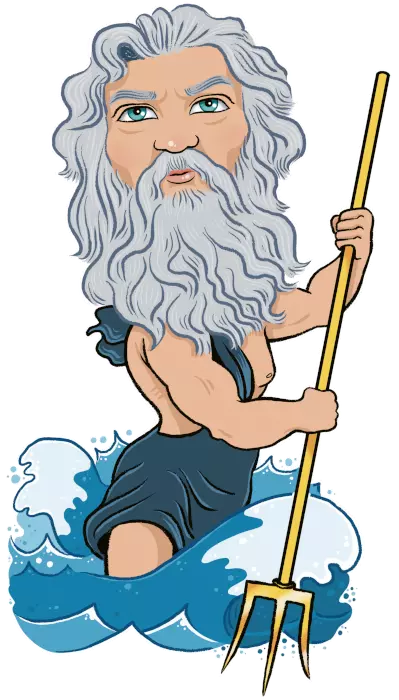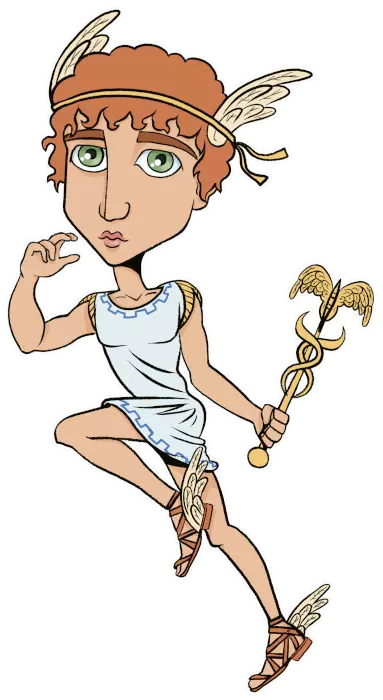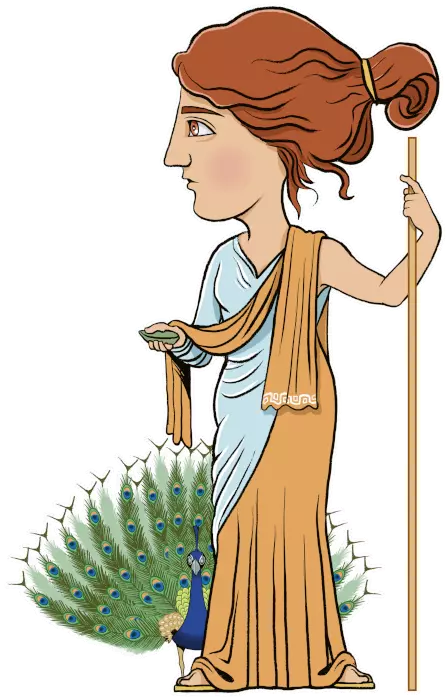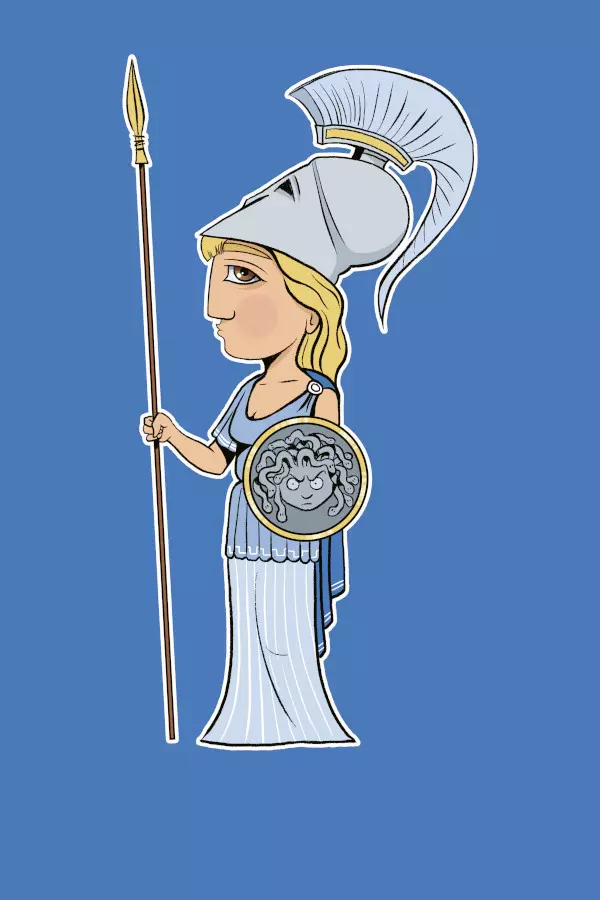Giacomo Casanova Legendary Adventurer (1725-1798)
Casanova
VENETIAN ADVENTURER (1725-1798)
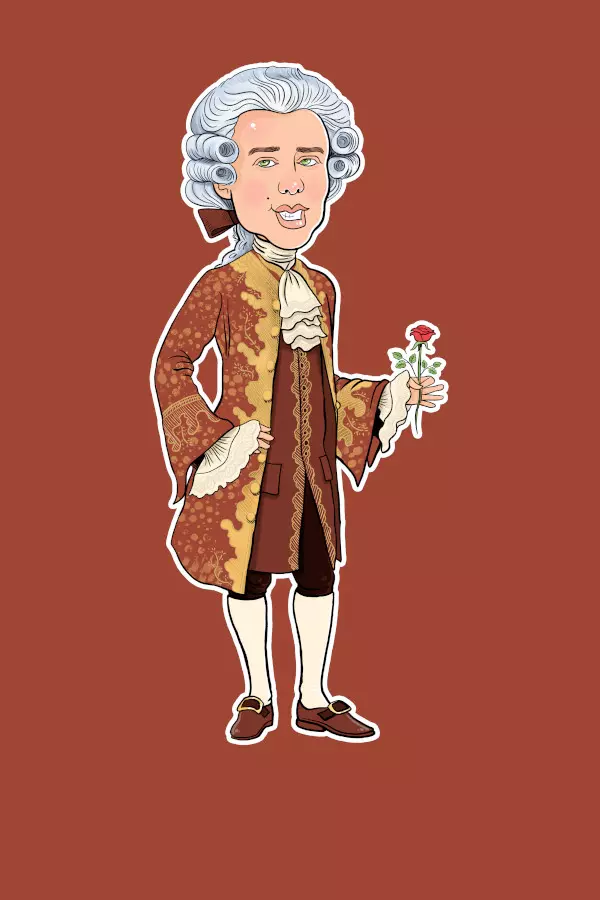
Giacomo Casanova was born in Venice, Italy. His parents were the actors Gaetano Casanova and Zanetta Farusso. A man of great appetites, ambitious and brilliant, he was a lover of comforts that could not always be allowed. His numerous love affairs with different women became so famous that his name is synonymous today with "womanizer”. During his travels, he associated with European royalty along with the artistic figures Voltaire, Goethe, and Mozart. His autobiography, “Histoire de ma vie” (Story of my life), is considered among the most authentic sources of information about the European customs and social norms during the 18th century.
